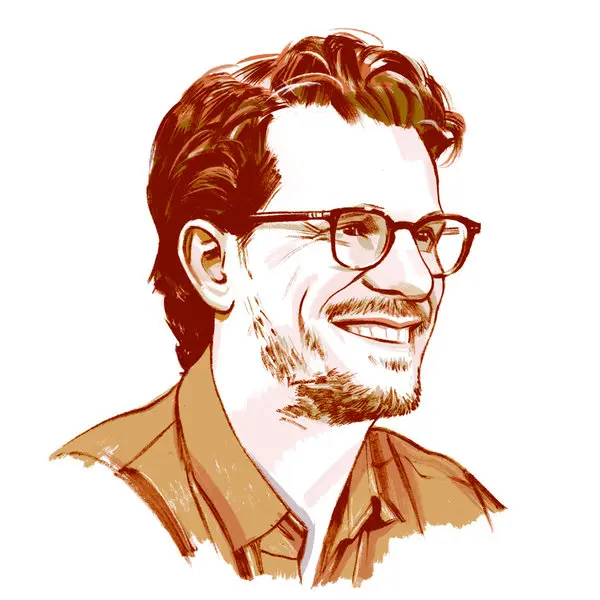
by Michele Kirichanskaya | Apr 17, 2025 | Blog
Brian Selznick’s books have sold millions of copies, garnered countless awards worldwide, and have been translated into more than 35 languages. He broke open the novel form with his genre-breaking thematic trilogy, beginning with the Caldecott Medal-winning #1 New...
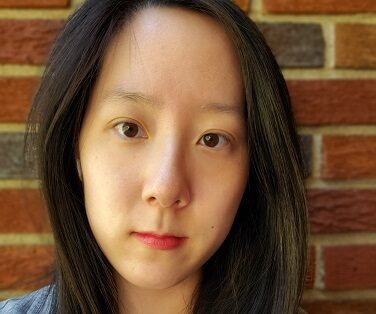
by Michele Kirichanskaya | Apr 4, 2025 | Blog
Alice Lin is the author of Fireworks and Love Points to You. She is an avid reader who first started dreaming up stories in sixth grade and who loves to get lost in other people’s imaginations. She holds a master’s degree in library and information science from...
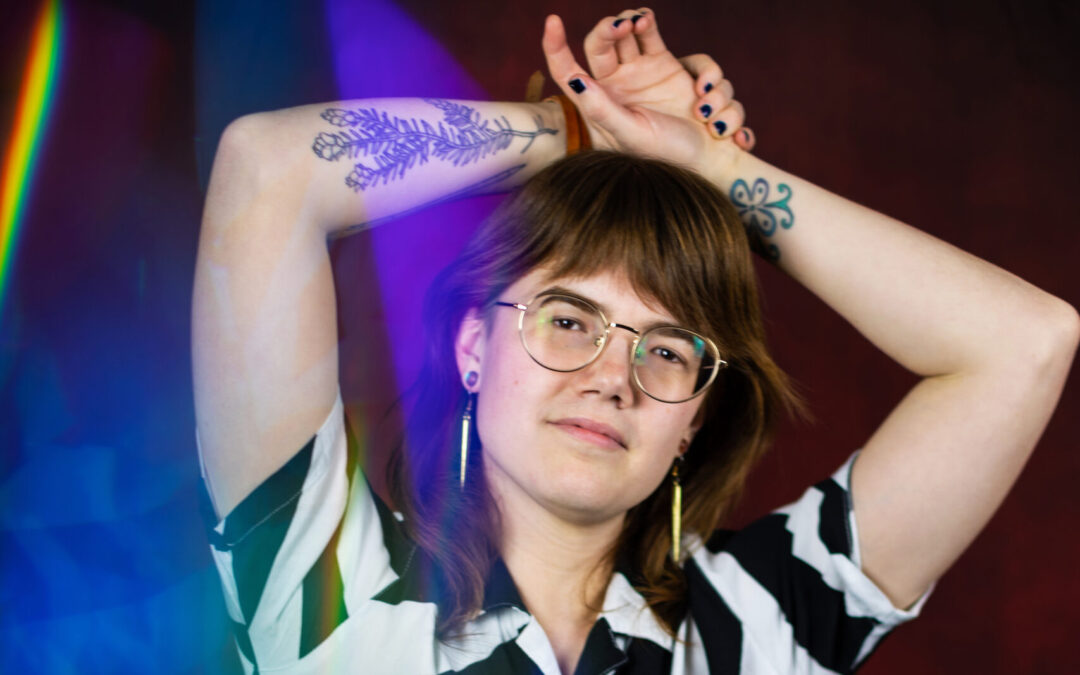
by Michele Kirichanskaya | Mar 14, 2025 | Blog
Ray Stoeve is the author of the young adult novel Between Perfect and Real, which received a starred review and was a 2021 Junior Library Guild Gold Standard Selection, and Arden Grey. They also contributed to the young adult anthology Take the Mic:...
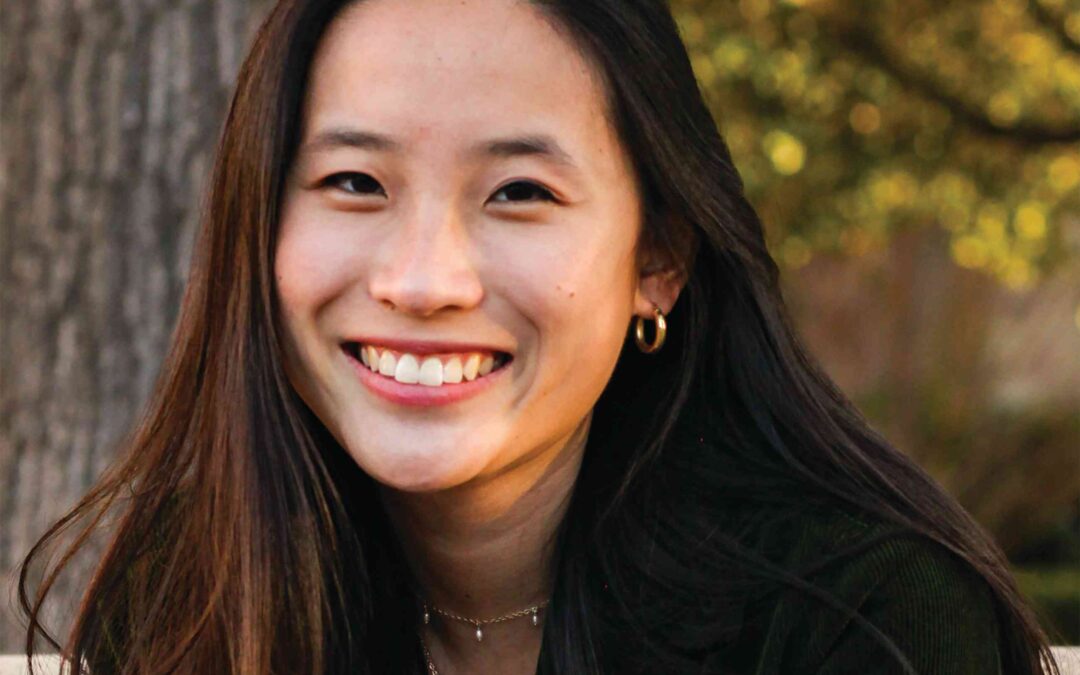
by Michele Kirichanskaya | Jan 25, 2025 | Blog
Christina Li is the author of the middle grade novels Clues to the Universe and Ruby Lost and Found, which won the Asian/Pacific American Award for Children’s Literature, as well as the forthcoming teen novel True Love and Other Impossible Odds. At any given...
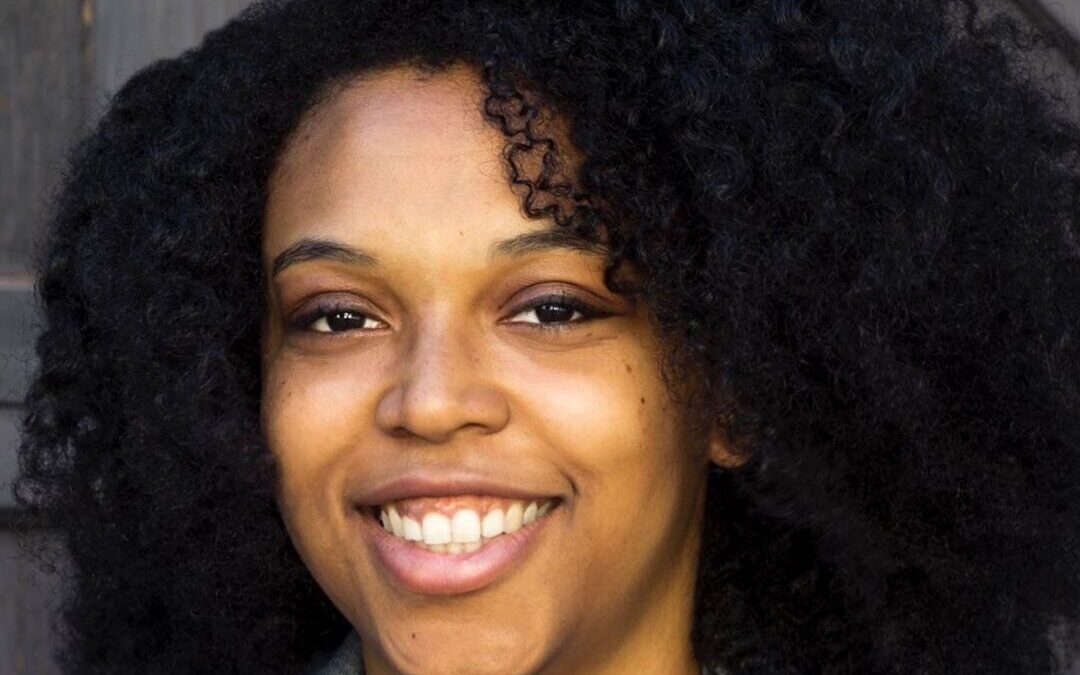
by Rebelle Summers | Nov 12, 2024 | Blog
In the small town of Blackclaw Valley, tourists flock to experience picturesque hiking trails and the historic family-owned shops to add some cozy charm and a little bit of magic to their lives. When that magic gets threatened and tourists start spotting wolves in the...






